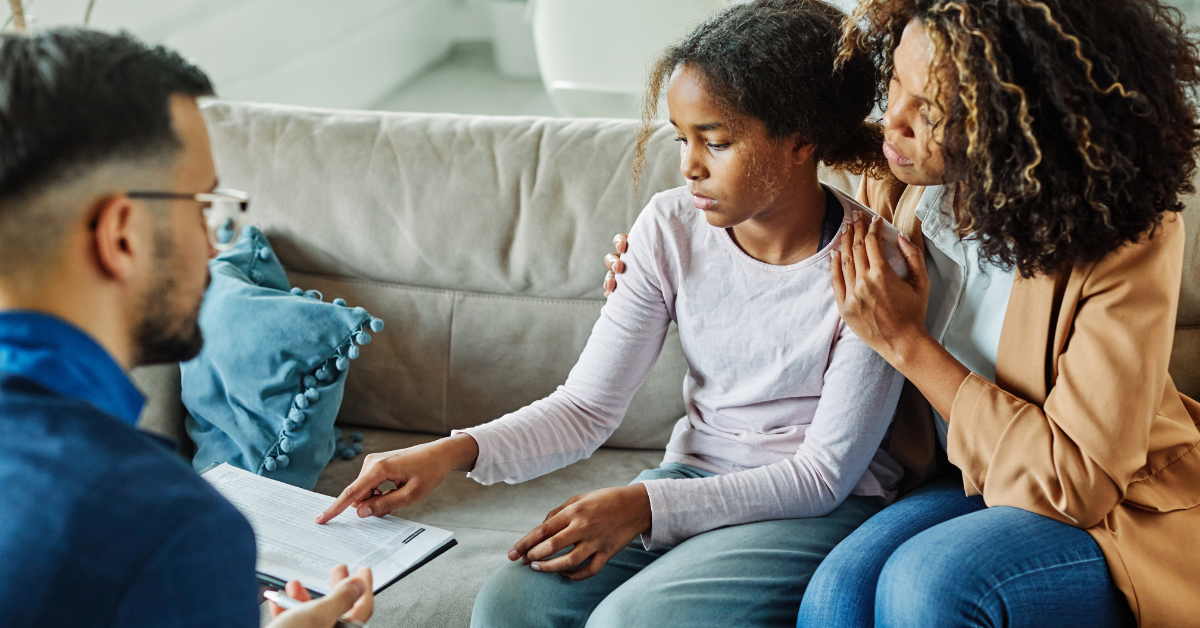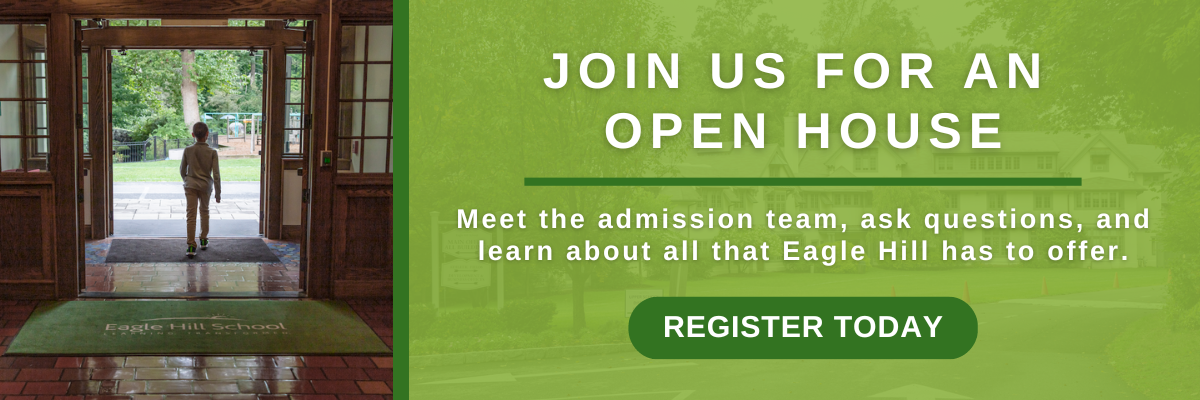Are you struggling to communicate clearly with your child’s teachers? Parents and teachers must realize that they share the same goal regarding a child’s well-being.
Both parties want students to succeed at home and in school. However, talking to teachers can be daunting. Here are the best tips to help enhance children’s education with open communication.
Why Speak to Your Child’s Teachers?
Parents must get involved in their children’s education. Especially if you have concerns. Teaming up with your child’s teacher is the best way to keep track of your child’s progress and development at school.
Therefore, you need to openly discuss problems like needing additional support, misbehavior, or learning difficulties. The last thing you want is for your child to feel that you are not part of their school life.
Parents should practice communication skills to foster a healthy relationship with the people their child spends a lot of time with at school. It also helps to prepare a list of questions before a meeting with your child’s teachers.
This will help address all your concerns without forgetting anything important that you want to bring up. Always keep an open mind when you are talking to teachers.
Remember that the ultimate goal is to develop solutions that benefit parents, teachers, and children. This is how you can achieve a collaborative learning experience for your loved one.
Communicate Openly With Your Child
Always make it a regular habit to have open conversations with your child. This is where you can encourage them to be honest about the challenges they are having at school.
Parents are always stuck at work or busy at home and need help to keep tabs on their kids when they are in class. Therefore, you must ensure that your child trusts you enough to come home and tell you about everything they did at school.
This way, your child will get accustomed to sharing things with you wholeheartedly. However, remember that you must always stay calm to promote feelings of security and safety.
Otherwise, your child may hesitate to open up to you. The first step is to listen to everything. Then you can discuss solutions to your child’s problems.
Or you can teach them how to solve their own issues by thinking outside the box. This will help children develop social skills with a growth mindset without fear of judgment.
Prepare for Meetings
Besides jotting down some questions to ask during a parent-teacher conference, you need to ask teachers for more detailed information. This involves asking teachers about subjects that need more attention if your child struggles to keep up with assignments.
Then it would help if you asked your kid how they feel about classes, their teacher, and their school. Ask teachers if they notice any changes in your child’s moods at the playground or during lessons.
Involve your child in this process. Then they can know the purpose of the meeting to bring up any issues they have not mentioned before. If your child brings up serious concerns regarding bullying or difficulty learning, they should be discussed openly with their teacher to devise a plan of action.
Remember to always stay calm and collected during the meeting. It is the only way to achieve the best results without letting tensions take focus away from the root problems.

Meet Face-To-Face
Even though phone calls and Zoom meetings are convenient, discussing your child’s problems in a face-to-face meeting is always beneficial. This helps parents and teachers develop a stronger bond.
It is challenging to share concerns or positive remarks on the phone. Especially since parents cannot see what their child has accomplished in all their lessons.
People also behave differently over the phone vs. face-to-face. You will feel more sociable and relaxed when you meet your child’s teachers one-on-one.
Take some time to visit the school and connect with your child’s educators in person. Then you can successfully align the goals you want your baby to achieve.
Stay Calm & Avoid Assumptions
It is normal for parents to become upset and emotional if there are serious problems at school. You always want the best for your child and do not want to let them down.
However, arguments and speculations can achieve nothing because they are counterproductive. Always stick to the facts and meet face-to-face to avoid misunderstandings.
Nothing good comes from starting an argument or using a loud and aggressive tone. If you want meaningful discussions with your child’s teachers, both parties must stay calm to clearly state and navigate any concerns and feelings.
It also helps to incorporate some humor to help break the ice. No rule says you cannot share a laugh with your children’s teachers. Humor is a great way to cut through nervousness. It helps bring people together in no time. They are also human and will appreciate you making them smile and allowing them to ease into detailed discussions about your kid’s progress.
Have a Fair Say
It is best to let everyone have their say before starting a debate. If you become angry and start interrupting others, covering all the important topics during a meeting would be more challenging.
Listening helps teachers and parents get to know each other. Then you can have the most supportive conversations regarding your child. Always allow someone else to finish speaking before exchanging ideas.
This way, you can reduce misunderstandings and develop a good rapport that will help you communicate more effectively with teachers.
Practice Open Communication Today
Now that you know the best communication tips for parents and teachers, it is time to start building rapport with your child’s educators. Remember to focus on practical outcomes while keeping emotions in check.
It would be best if you connected with teachers so that proper measures can be implemented to solve issues. When parents and teachers unite, they have a significantly higher chance of supporting kids at school and home.



